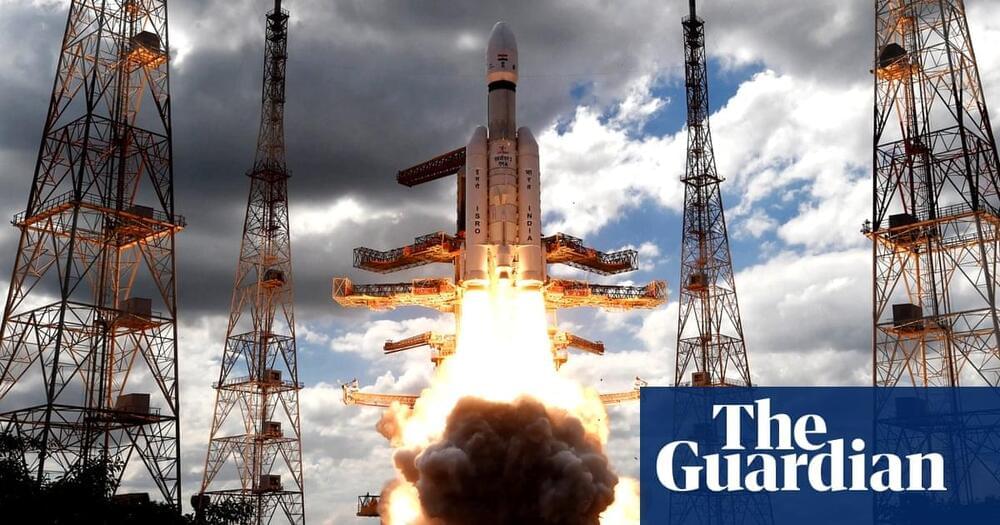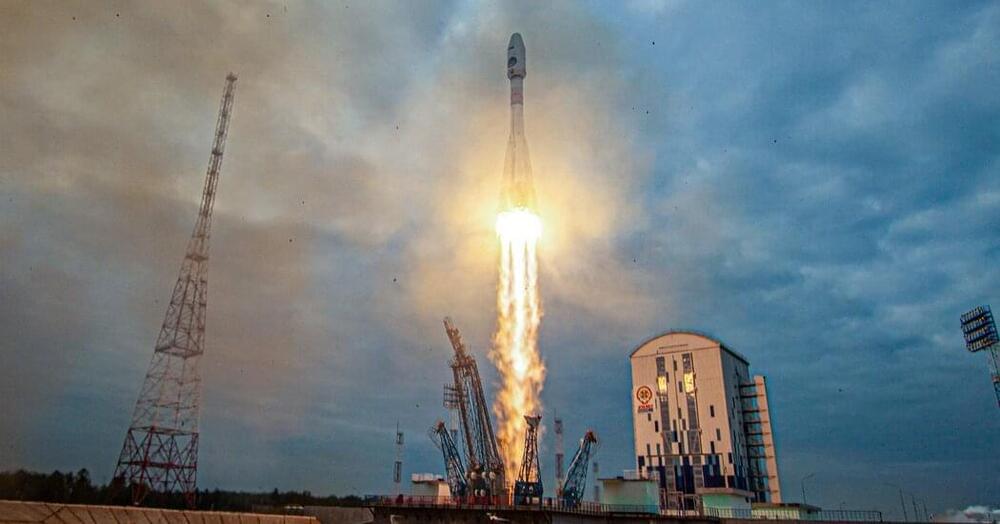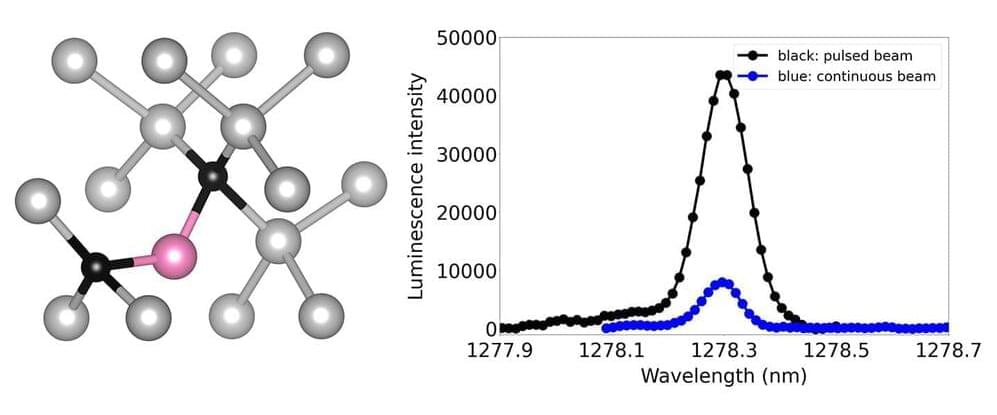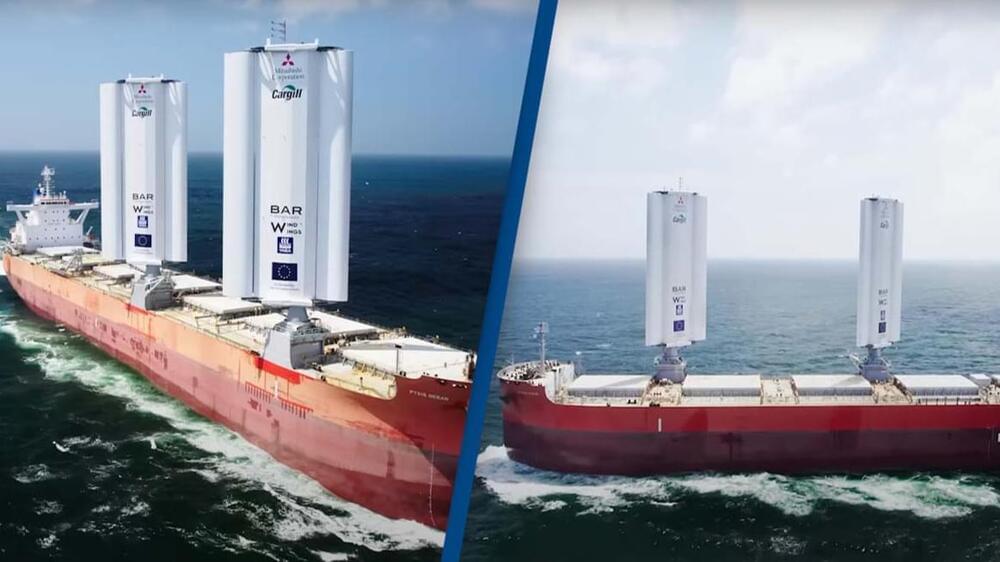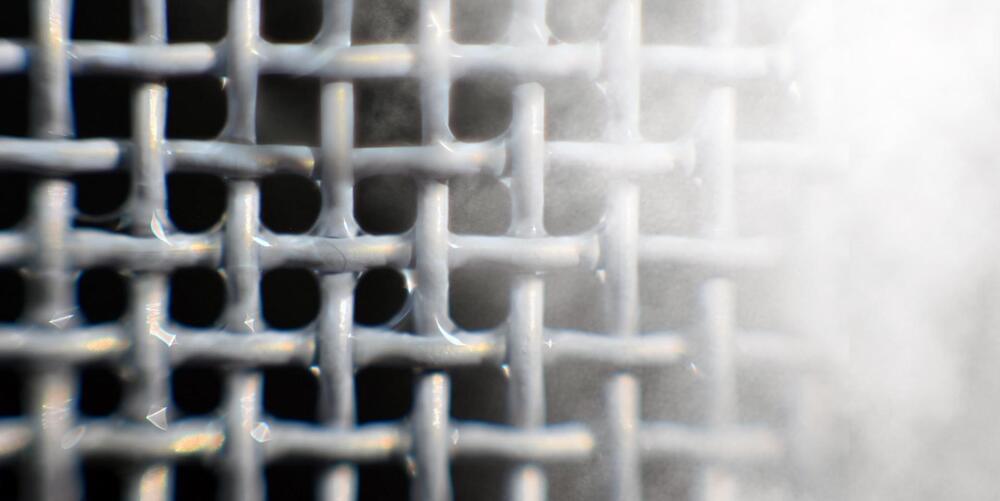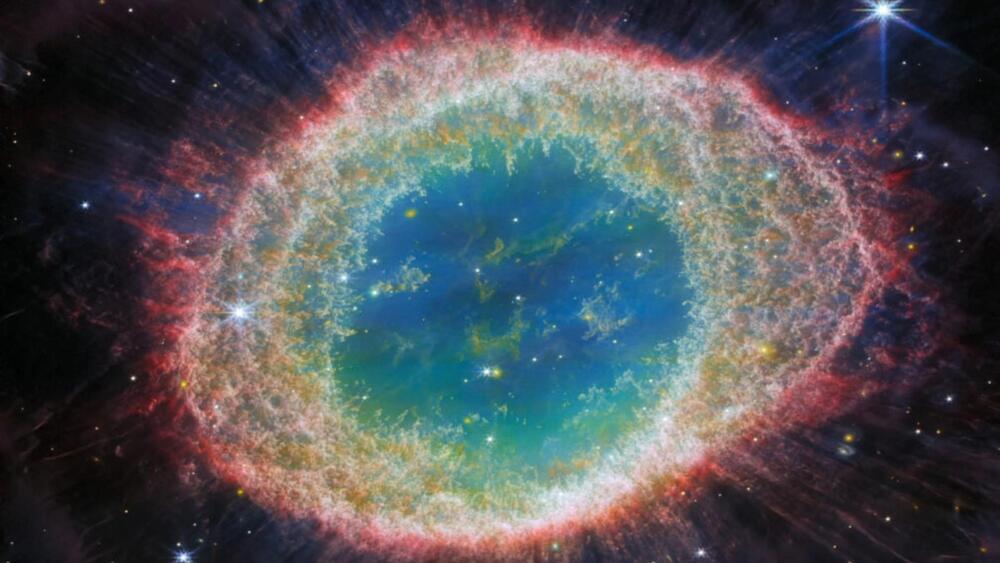The FBI is warning the public that cyber criminals are embedding malicious code in mobile beta-testing applications (apps) to defraud potential victims. Beta-testing apps are online services for testing of mobile apps prior to official release. The beta apps typically are not subject to mobile operating systems’ review processes.
The malicious apps enable theft of personally identifiable information (PII), financial account access, or device takeover. The apps may appear legitimate by using names, images, or descriptions similar to popular apps. Cyber criminals often use phishing or romance scams to establish communications with the victim, then direct the victim to download a mobile beta-testing app housed within a mobile beta-testing app environment, promising incentives such as large financial payouts.

